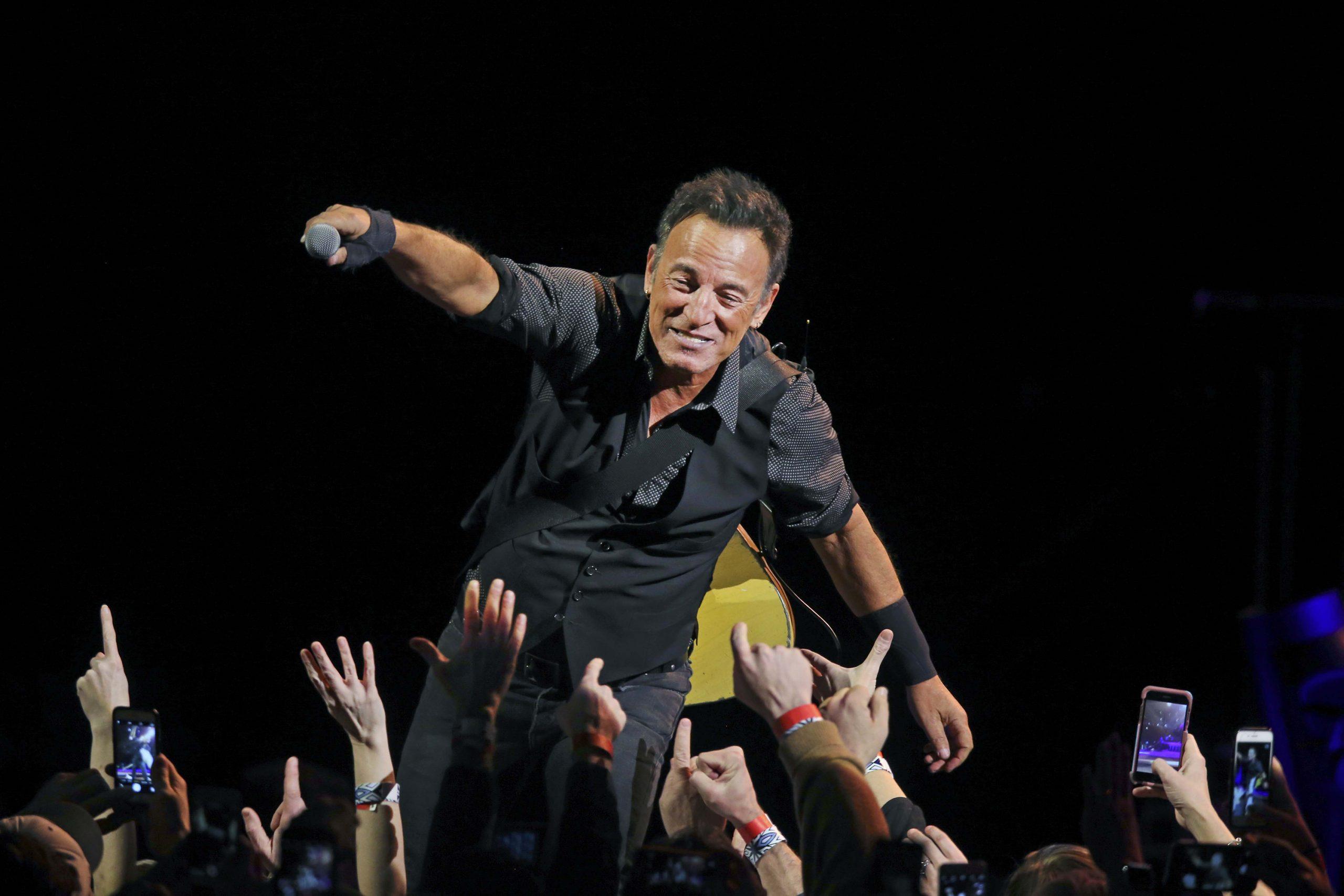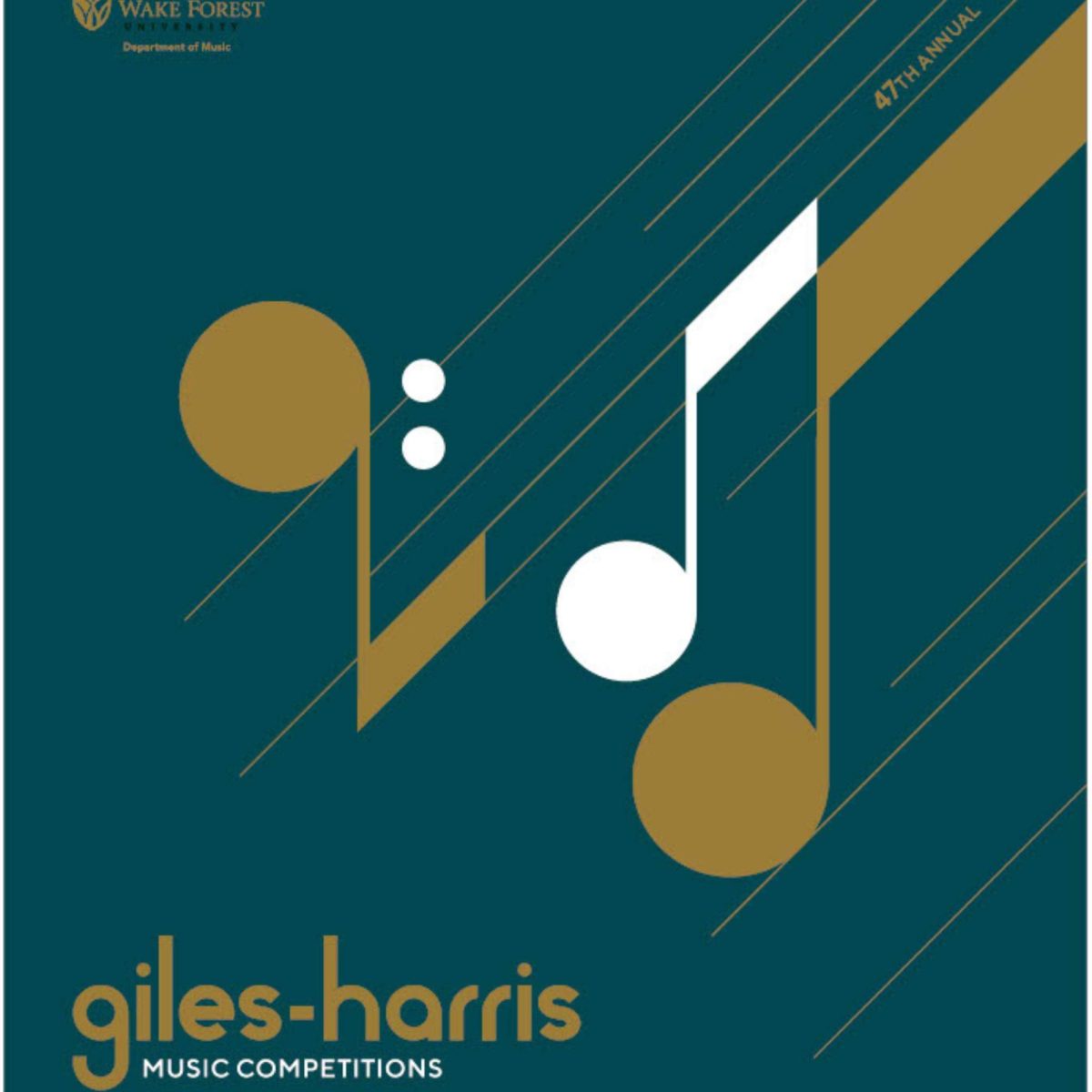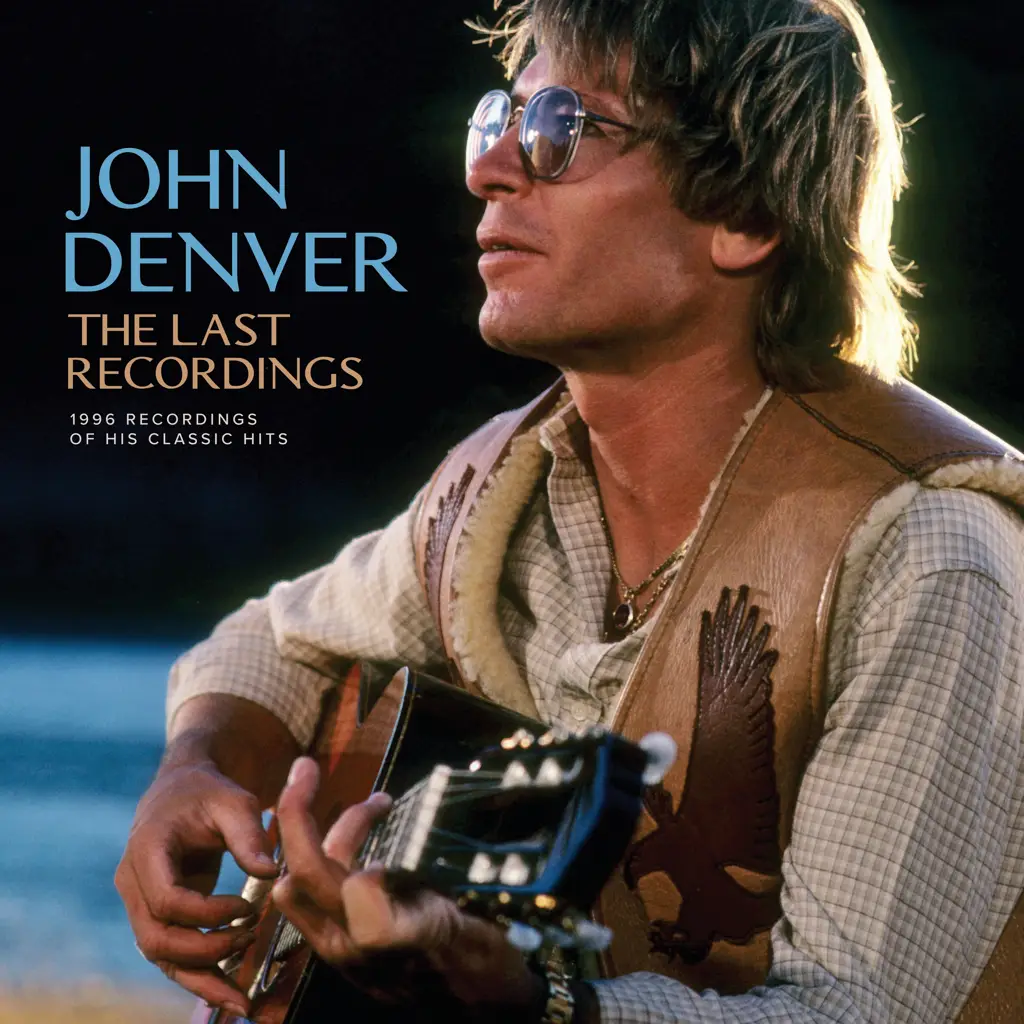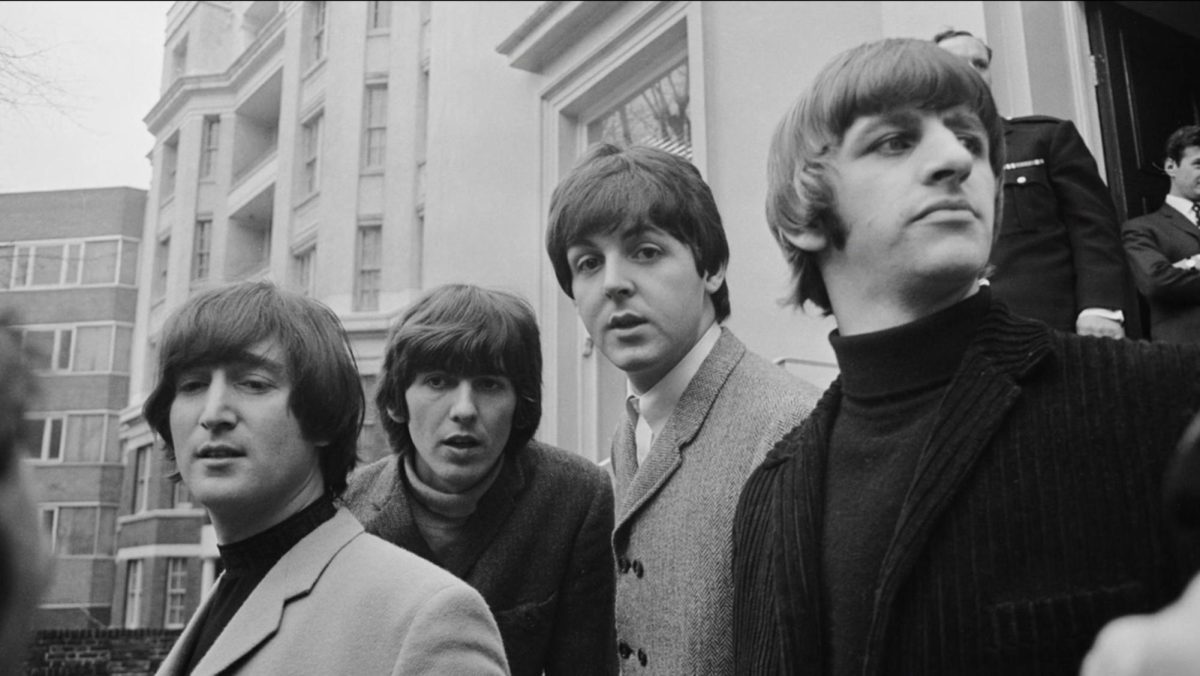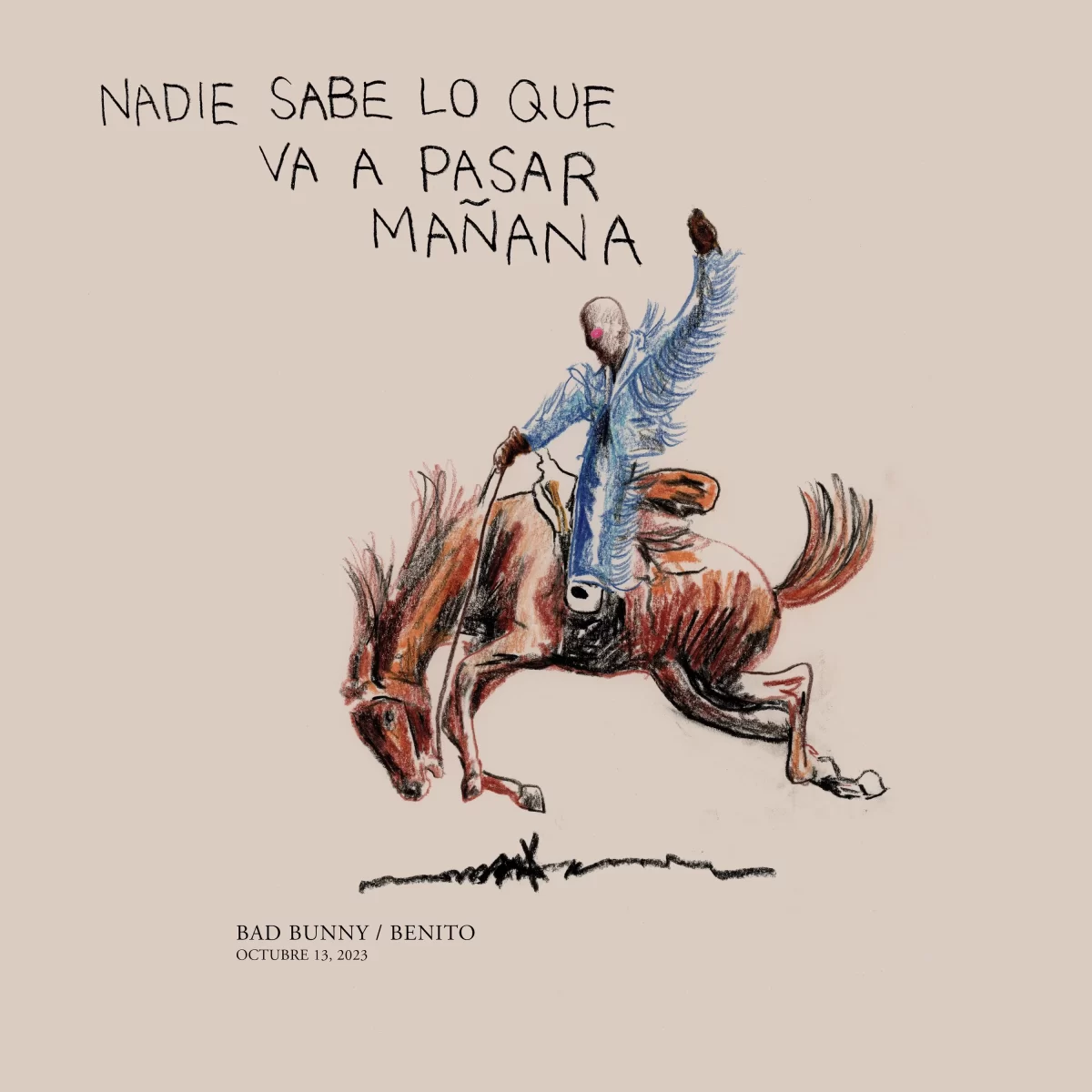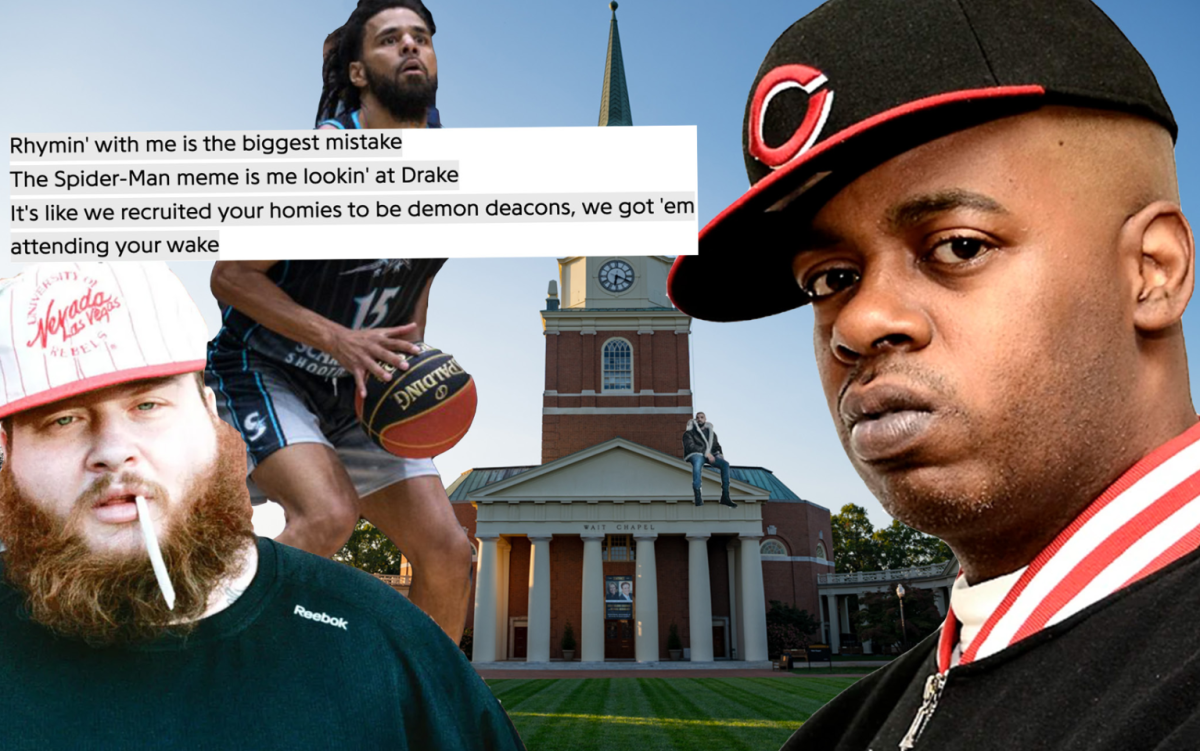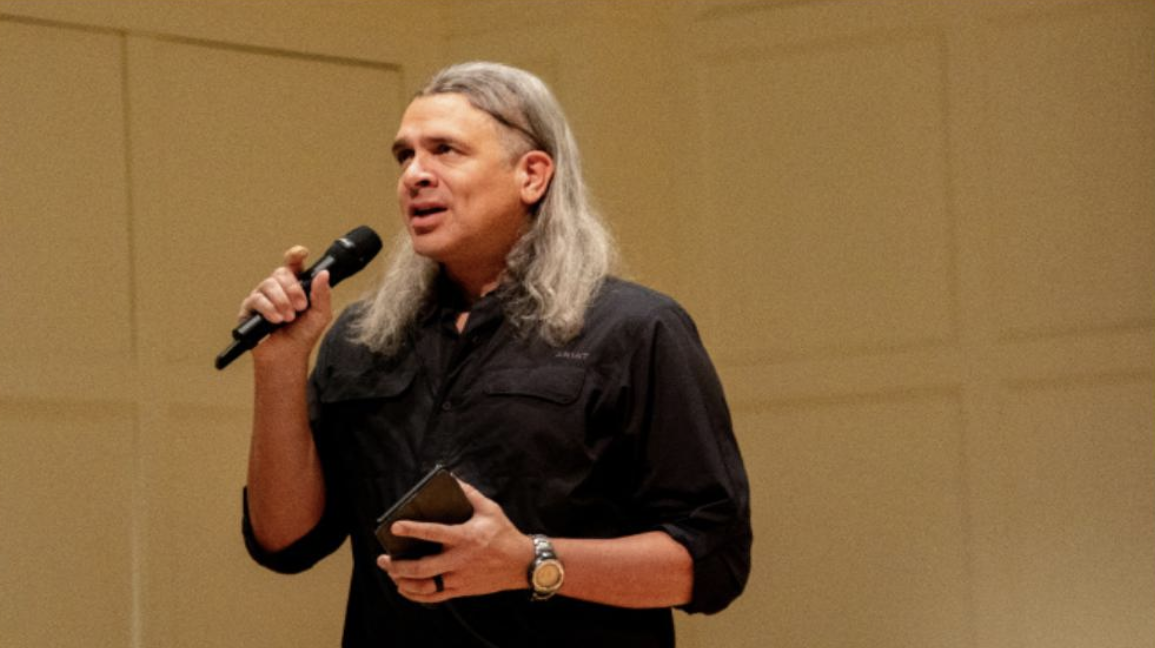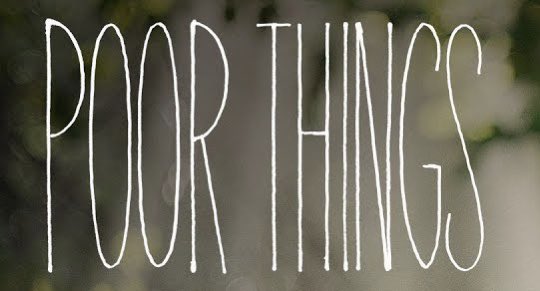Few musicians realize their cultural importance in their time, and even fewer write books about it.
Bruce Springsteen is one such musician, and his new autobiography Bruce Springsteen: Born to Run gives fans the look into the Boss’s creative process and personal life that they have long craved. Even for those who hardly know of Springsteen’s music, his autobiography interestingly presents an index of the mind of a cultural icon — from love and marriage, to mental illness and the places that inspire lyrical creation.
Springsteen’s writing style is an odd mix of conversational and didactic, with anecdotes that verge on the absurd at times only to conclude with a rock n’ roll aphorism. This is to say that the book effortlessly combines the energy of a teenage rebelliousness with the experience of a wise old man. The majority of these anecdotes have to do with Springsteen’s interactions with the E Street Band, the legendary supporting cast of musicians that has toured with the star for most of the past 40 years. Springsteen divulges that he played multiple roles in the band, from control-freak general to pseudo-parent, all the while keeping a firm grasp on his title as the frontman — a position he says that he was never cut out to play.
While Springsteen’s honesty about the creation and destruction of his relationships within the E Street Band gives great depth to the book, his treatment of relationships outside of the band make the text a remarkable catalog of all the relationships that a star must forge and destroy over a lifetime of work.
His treatment of his public divorce from actress Julianne Phillips is apologetic yet confident, giving Springsteen the grounds to discuss frankly his own mental health issues and their effect on his relationships. Never before have I seen an artist so aware of the psychosis that both creates wonderful music but damages the self and its interaction with friends and family. To Springsteen, the act of performance is like a drug that replenishes his energies to give to his lyricism and his relationships. Luckily for his audiences, it is this addiction that keeps Springsteen performing four-hour-long concerts at the age of 66.
Finally, Springsteen’s representation of New Jersey, his home state, stands as his greatest achievement in this autobiography. While the musician tenderly and apologetically approaches the relationships with the people in his life, he unapologetically approaches his relationship with New Jersey. The boardwalks of the Asbury Park, the street in Long Branch where he grew up and his view of New York City from his home in Rumson on the morning of Sep. 11, 2001 are vividly described in the text. These scenes provide the plethora of images that inspire Springsteen to experiment with his lyrics both aesthetically and politically.
Overall, this autobiography is an honestly-crafted and entertaining look at the ethos of the past 40 years of rock n’ roll music, a genre that — like Springsteen himself — has matured with new experience while maintaining its rebellious past.

